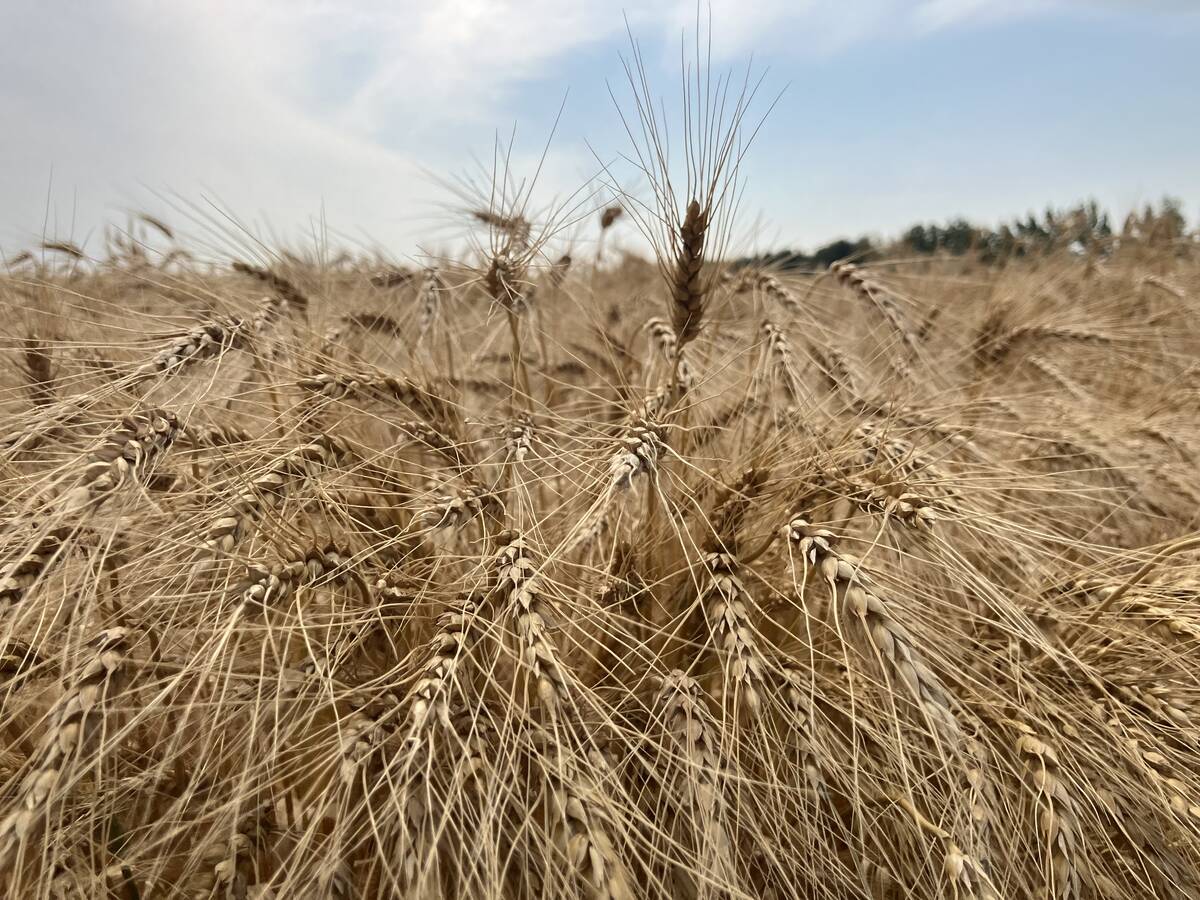Traders took a cautious approach to new IntercontinentalExchange grain futures and options contracts introduced Jan. 23 as the exchange looked to capitalize on the approaching end of the Canadian Wheat Board’s monopoly.
ICE Futures Canada, based in Winnipeg, launched new milling wheat, durum and barley contracts for delivery in October and later, after the wheat board’s marketing monopoly on western wheat and barley expires in August.
On the first day, the milling wheat futures contract traded just three times. Durum and barley did not trade.
Read Also

THROWBACK: Optimizing crop selection for Prairie organic producers
Stop settling for conventional data. Discover the essential plant traits organic farmers need — from seed size to height — for better yields.
“I think it’s going to start timidly, and that’s not a surprise,” said analyst Chuck Penner of LeftField Commodity Research.
With only deferred contracts to trade, initial interest was bound to be lighter than it would be if there was a spot month to trade, Penner said. Grain companies and farmers have been signing forward contracts since mid-December for delivery after the CWB monopoly ends, but that activity seems to have slowed, too, Penner said.
“It’s going to take time and take confidence,” said Errol Anderson, president of Pro Market Communications. “Everyone’s looking at everyone else right now (saying) ‘who’s first?’”
Much of the volume in ICE’s new milling wheat contract is expected to come from spread trades against wheat listed on other exchanges, which offers opportunities for profit on price differences.














